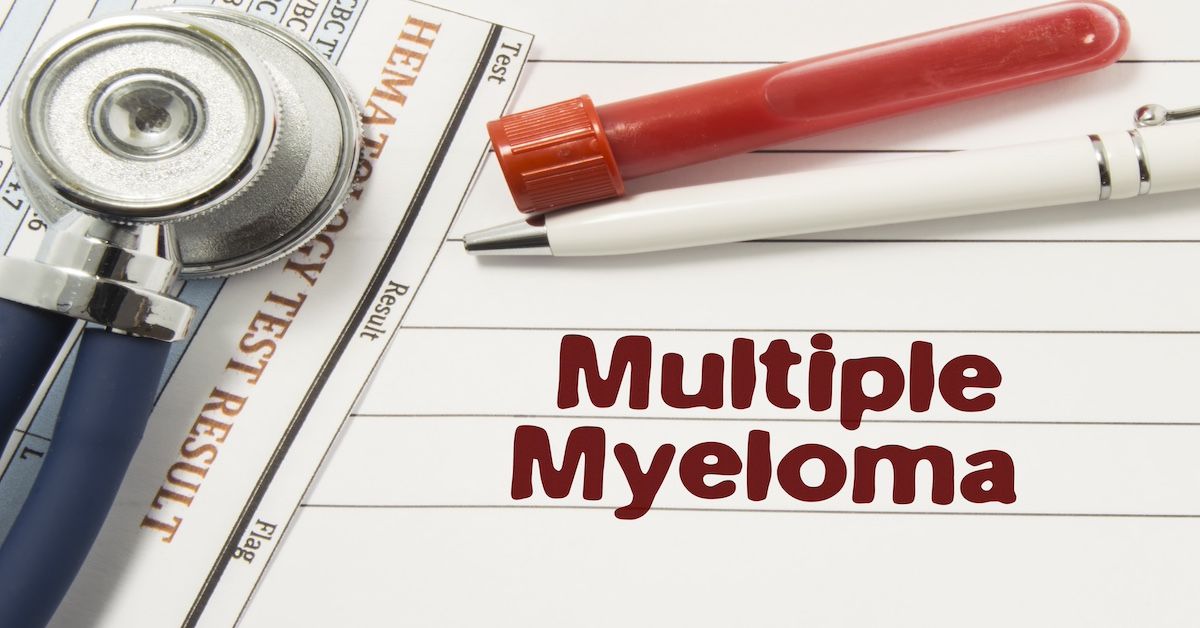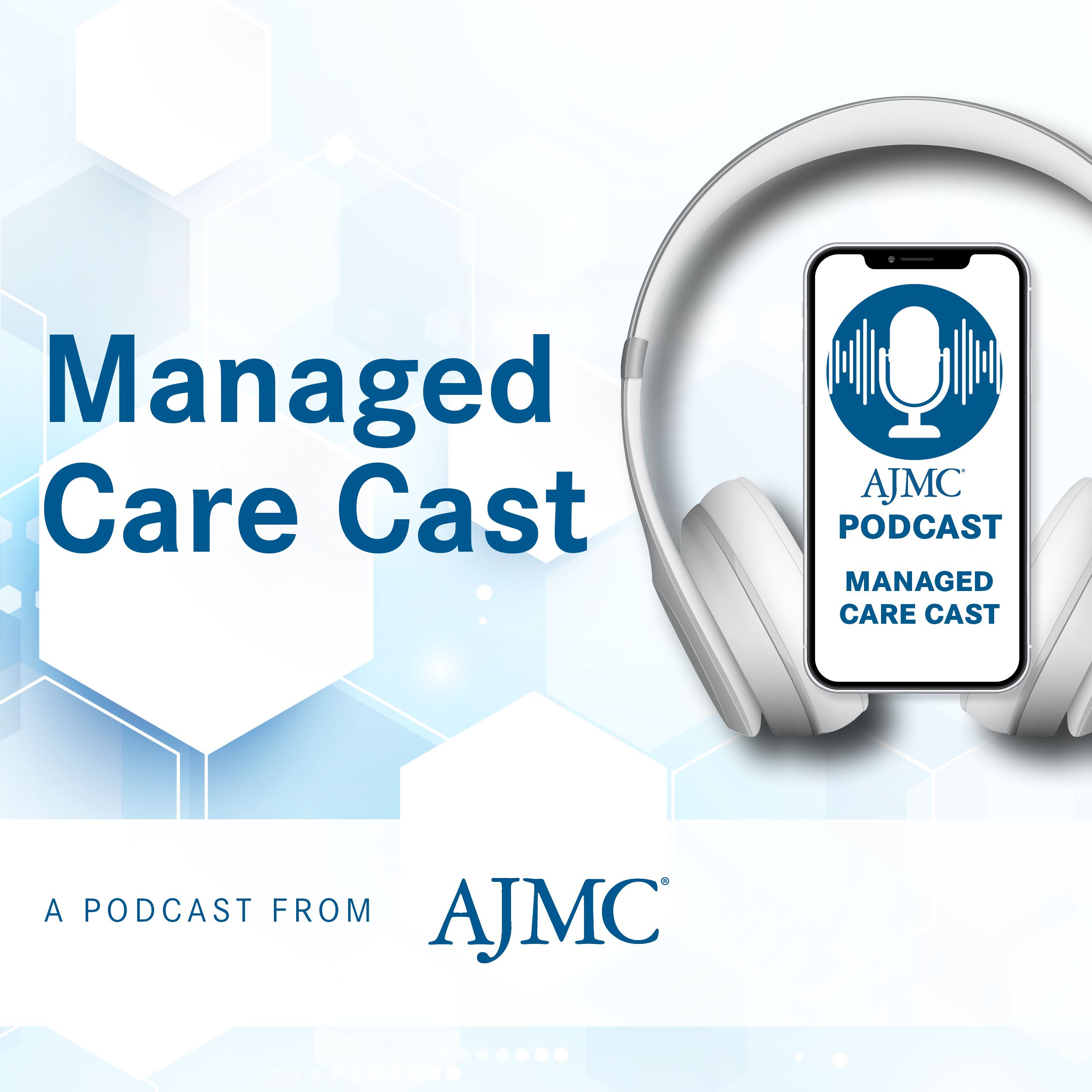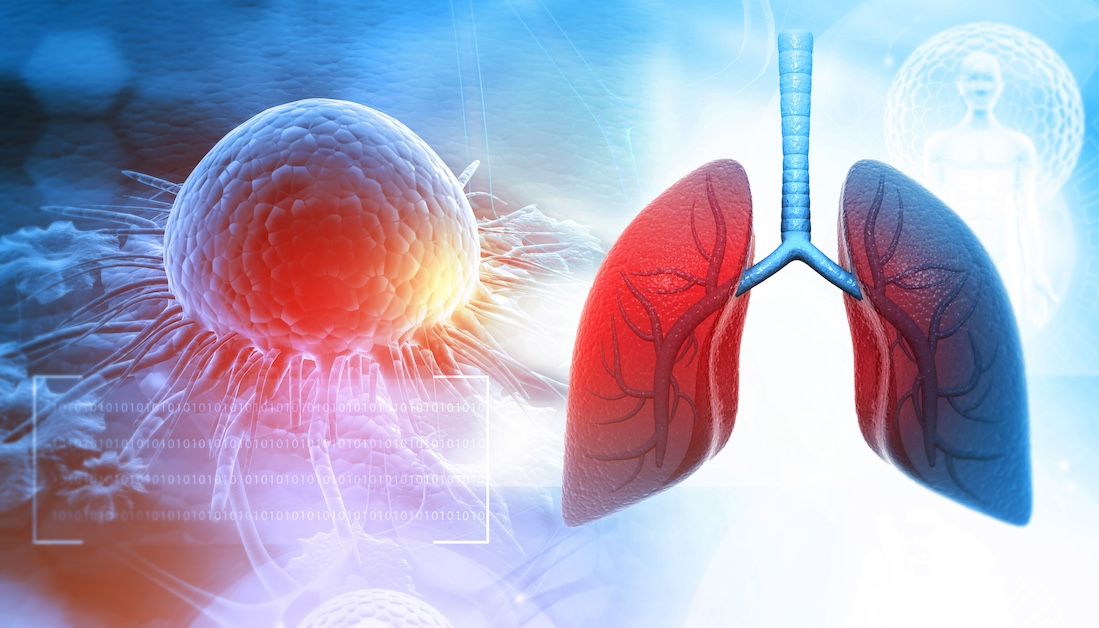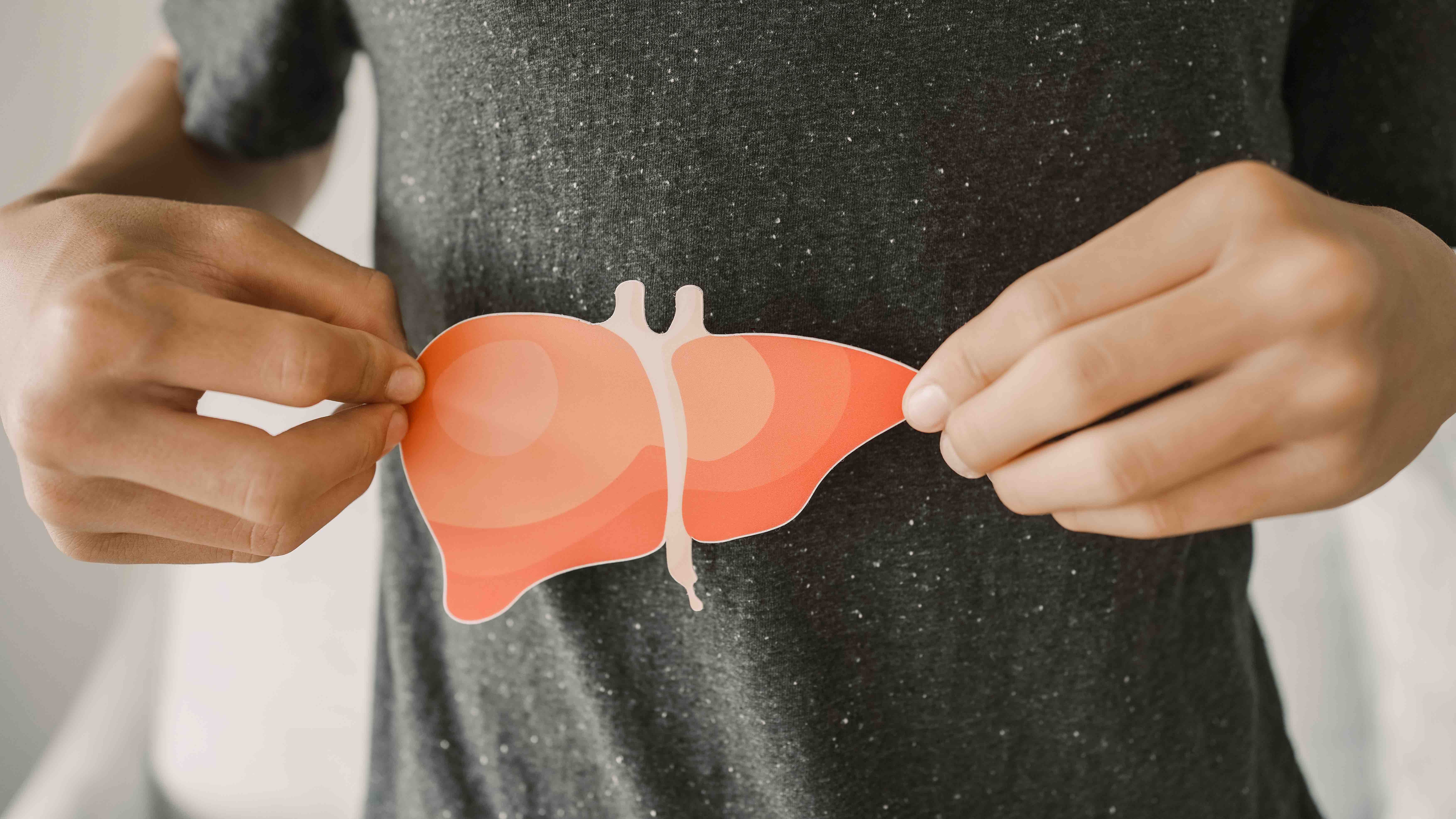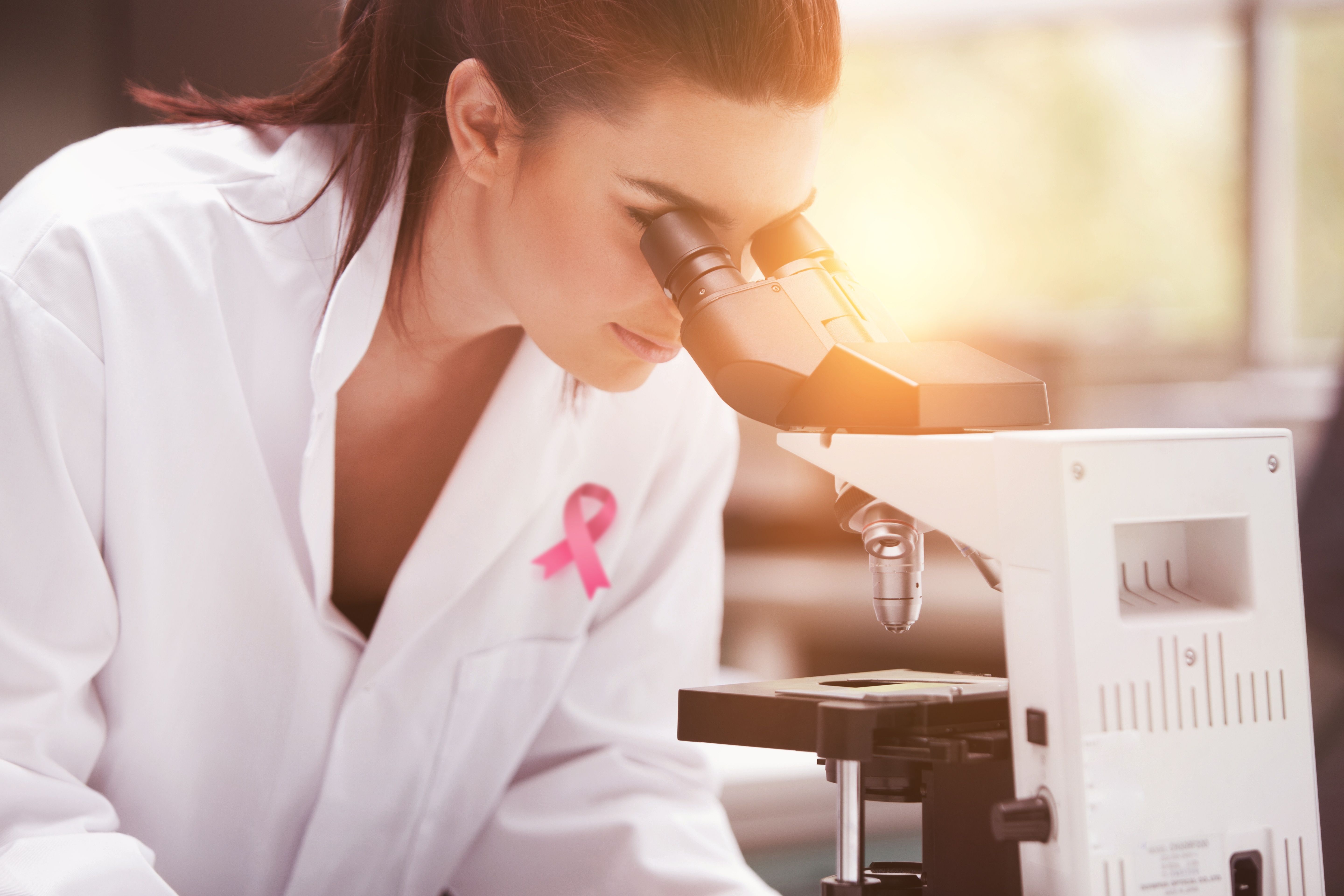Video
Dr Sean C. Dowdy Discusses Improving Surgical Outcomes in Gynecologic Oncology
Early feeding, euvalemia, and multimodal pain management can be used to to accelerate surgical recovery and improve outcomes in gynecologic oncology, explained Sean C. Dowdy, MD, chair, division of gynecologic surgery, department of obstetrics and gynecology, Mayo Clinic.
Early feeding, euvalemia, and multimodal pain management can be used to to accelerate surgical recovery and improve outcomes in gynecologic oncology, explained Sean C. Dowdy, MD, chair, division of gynecologic surgery, department of obstetrics and gynecology, Mayo Clinic.
Transcript
What interventions can be used to accelerate surgical recovery and improve outcomes, such as reducing complications, in gynecologic oncology?
Enhanced recovery is a strategy of preoperative management that aims to hasten recovery. So, there’s 3 main components to that. The first one is early feeding, the second is euvalemia, and the third is multimodal pain management. So, the early feeding is important because we know that patients who are nutritionally replete have better outcomes; they heal better. So, patients who don’t have good nutrition, that’s something we want to optimize before surgery, potentially with prehabilitation.
For other patients, we want to minimize the amount of calories that we withhold from patients around the time of surgery. Traditionally, we would not let them eat, for instance, after midnight, and we wouldn’t let them eat very much after surgery, as well. So, now we allow patients to eat normally up until midnight the night before surgery, they can drink fluids up until 2 hours before surgery, and then they’re fed immediately after surgery.
The second important thing is euvalemia, so we want to make sure that patient have the right amount of fluid, not too much or too little. If they have too little, they can get problems with perfusion in organs such as their kidneys. If they have too much fluids, that ends up having higher chances of things like surgical site infection, and also, it’s just unpleasant for patients when they have 10 or 20 liters of fluid during surgery or after surgery. So, we really try to give them the right amount of fluid. That’s actually very important for patient recovery, as well.
The third thing is multimodal pain management. I think most people are aware of the American prescription epidemic we have with opioids. One of the important things with enhanced recovery is, especially through euvalemia, we can improve pain control. We do things like giving ibuprofen and Tylenol, and those sorts of things. We also inject the incision with local analgesia. So, we can minimize the amount of opioids we give to patients after surgery. For instance, in our practice, we’ve reduced the amount of opioids given in the first 48 hours after surgery by about 90%. Also, postoperatively, we would give a lot fewer prescriptions for opioids, as well. We expect to save about 35,000 pills per year for just gynecologic surgery through those efforts.

Oncology Onward: A Conversation With Penn Medicine's Dr Justin Bekelman
